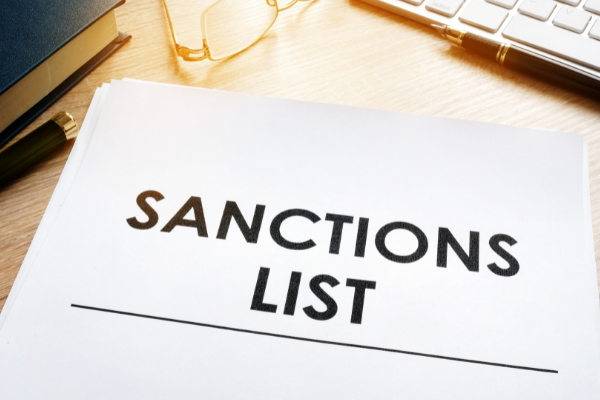BY:
SHARE:

As a result of the UK Government's 2015 Strategic Defence and Security Review, the ECJU, Export Control Joint Unit, began operating on Monday, 18th July 2016, to bring together policy and operational skills from government departments, including the Export Control Organisation and the Ministry of Defence. The ECJU’s role is to promote global security through strategic export controls.
For many exporters, the interface with the ECJU is through the licensing portals SPIRE and its replacement, LITE, which stands for Licensing for International Trade and Enterprise. Goods can be controlled at export for a variety of reasons. Still, the ECJU considers strategic controls relating to products, as well as technology and technical information related to the goods, such as drawings or blueprints. Software can also be controlled as a Strategic item.
The ECJU publish the “Consolidated list of Strategic Military and Dual-Use Items that require export authorisation” Although the title suggests two classification types, the list contains seven sections; the UK Military List, Dual Use List Annex I and IV, UK Dual Use List, Non-Military Firearms List, Human Rights List, UK Security and Human Rights List and the UK Radioactive Source List.
For Military and dual-use controlled goods, it may be possible to use an “open approval” in the form of an OGEL, Open General Export Licence or a GEA, Assimilated General Export Authorisation. These approval types require the licensee to know the classification of the Goods, Technology, or Software and ensure they can adhere to the Terms and Conditions. A single licence registration on SPIRE allows for multiple uses, while also acknowledging the responsibilities of compliance, which will be assessed during an ECJU audit.
LITE’s implementation began with private beta access, where selected exporters were able to use the new system before it went live as a public beta in September 2024. Currently, LITE is only for SIEL (Standard Individual Export Licence) applications, with certain exceptions still requiring an application on SPIRE. F680 applications are also made on LITE. Gov.uk confirms that “F680 approval is required before the transfer of any classified material graded OFFICIAL-SENSITIVE or above (including international classified equivalents) or any ITAR material to any foreign entity, including where these transfers occur within the UK borders”
ITAR refers to the United States International Traffic in Arms Regulations, which is an additional compliance responsibility for exporters to consider when items are controlled under the United States Munitions List.
OneCall™ Email assistance as and when required; A one-call solution for all your import, export and customs enquiries. Export help. Import help. Customs help.
Stay informed about customs and international trade matters by subscribing to our OneCall™ service. This comprehensive offering includes a dedicated email helpline for support, timely practical updates direct to your inbox (Did You Know?), monthly UK Customs & Trade Briefings and access to an interactive members' area with an exclusive community for our subscribers.
International Trade Updates & Spotlight Newsletter
Subscribe to our free information emails covering international trade topics...












